Legacy, Complicated
By DW McKinney
A small queue is forming outside a set of locked glass doors when I whip into the parking lot. It’s the first time I’ve ever been to the Doolittle Community Center even though I frequent the park a few hundred feet away on a regular basis with my daughters.
I exit my car and power walk to the entrance. I’m seventh in line and as it grows and snakes behind me, I eyeball everyone else waiting. At 35, I appear to be the youngest person there by at least 10 years.
“So much has changed since I first lived here,” says an older gentlemen two places behind me. “I used to shoot rabbit right out here before all this sprung up.” He spreads a shaking hand across the parking lot; the other clutches his cane.
“Oh, there was rabbit running around the area here?” the woman behind me asks.
“No. Right out here. Right here.” He points to the ground in front of him.
“Oh, he’s talking about right where we’re standing. OK now! History in the making!”
Our laughter falls away to shared mutterings that it’s time to “vote him out” and “we need a change.” Then there’s a round of deep sighs like members of a weary congregation tired of listening to the same old preacher. We’ve heard it all before. Now we’re ready to start jumping out of our seats.
I turn back to face the community center’s windows, but stop when I catch our reflections. We are short and tall. There are locs, afros, bald and balding heads, and my own twists hidden in a head wrap. Everyone is Black. Seeing us reflected in the windows, unified in a collective purpose, empowers me.
I meet my own eyes in the reflection and smile. Thoughts of legacy uplift me. I am a link in an unbroken chain.
•
Before I stood outside in a brisk 48 degrees to cast my early vote in Nevada’s Democratic primaries, I called my husband—who is white—at a work conference in Seattle.
“I’m upset that I can’t be there.” He vents his frustration, and I hold my breath as I listen. I don’t feel the same way. Any investment I had in the election has been drained from me. The most I could do was drop our daughters off at school an hour early to beat the reported three-hour wait times at the polls. And at some point, I still have to work; if it comes down to it, I might have to choose between the two.
“If I can’t vote this morning, I don’t know—.” The rest is heresy that I would never admit to a number of friends. I don’t know if I would try again. I don’t know if I care to vote at all. Apathy has burrowed in my bones.
After the 2016 United States Presidential Election, I put one foot in front of the other. I tried to survive in a state of growing tension, racism, and injustice. Friends told me it would get better. “We’ll toss him out of office,” they said—all while quoting Anne Frank and Toni Morrison and reminding me of the oh-so-fantastic history of democracy in our nation.
I look at these non-Black friends and I think, “It must be nice.” The only quote I’ve been repeating is one that seems to have been born on the tongues of every Black friend and family member I have: “I’m tired.”
Despite the constant outrage, there were no significant changes over the years. Every new social movement seemed to stutter and stall before it got past social media. The economic and racial divides widened. I carried even more anxiety when running errands around the city alone or with my daughters—waiting to become one of the people caught in a confrontation with a racist like in the videos I’d watched on Twitter. Through it all, Black folks like me were saddled with more burdens wrapped up in the cute package of responsibility. And with every election, our responsibility was made clear as people hailed the power of Black women’s votes.
That’s supposed to be me. That power is mine. Yet, I just want to lie down and take a nap.
•
We file past classrooms and an exercise room toward a door marked, “VOTE HERE.” An electric moment pulses through the line and part of me wants to start a rallying cry.
A man toward the front of the line opens the door to assist the frail, elderly woman before him.
“We’re not ready! Don’t come in!” come the frustrated shouts from deep inside the room. The man immediately closes the door and we all stare at each other, baffled. It’s 8:00 a.m.; the polls should be open. A young white woman emerges minutes later. “We’re having Wi-Fi issues,” she mutters, as she hurries past the line, not meeting any of us in the eye.
The change is immediate. Our purpose deflates in unison. I feel foolish for allowing myself this hope, for thinking that I had any real power in this situation. We wait longer and an exhausted nurse fresh off night shift peeks her head inside to ask, “How much longer?” The terse responses repel her slumped shoulders back in line.
“Oh, I see what game we’re playing here,” a man behind me grumbles. Agitation alights from one person to the next, and we turn to each other in small groups to talk out our frustration.
“It makes me think, does it even matter? Does my vote matter?” I say to the woman behind me. She nods like she’s hearing a sermon. My words catch on to the people near us and they nod in sympathy too.
There’s a strange energy coursing through me. I am galvanized to say more. But sorrow takes over and I turn forward to blink away tears.
The polls open a half hour late and we trickle in. People ask questions about the inadequate voting conditions and the lengthy wait time. They are met with dismissal. Cold shoulders. A curt, “Yes, yes,” to get them to stop asking questions.
The young poll worker from earlier waves me forward. What happens next is so quick that I don’t recognize the sting of her blade until I am limping away, stunned and wounded. I hand her my driver license. She scrolls up and down on her tablet in silence. She can’t find my name. She questions if I misspelled it. She asks, “Are you sure?” when I spell it for her. Then she surmises that I must have registered as nonpartisan and can’t vote in the caucus—this despite me pointing to “DEM” on the voter registration card she brushed off earlier. The poll worker passively swipes the tablet again—stopping momentarily to interrupt and dismiss a voter who is asking the site lead next to us how she can help—then she decides I never registered at all, despite me showing her my current voter registration card, again. Thus, I can’t vote.
“You can register to vote here, if you want.” Her lack of enthusiasm is infectious.
A righteous scream gathers in the back of my throat, but I swallow it down. I sit in a solitary row of chairs at the back of the room with my new voter registration form. There are no clipboards and I refuse to kneel on the floor. So, I sit in one chair and bend over the adjacent seat to use it as a makeshift table. Gravity pulls the tears gathering in my eyes. I don’t want to do this. I hate this. I should walk out. I let out a gasping sob, wipe my eyes, and fill out the form.
It’s a dehumanizing experience. I keep thinking, Why me? I don’t deserve this. But who deserves to endure the slow stripping away of their rights? Who deserves to have their vote suppressed?
I turn to the door and a group has gathered at the entrance. The bouquet of Black faces peering inside looks like a painting.
I imagine walking past them, my vote not cast, and an older man stopping me to ask, “What’s wrong, young blood?” I wouldn’t be able to look him in the face and admit my failure. I hear the echoes of Black celebrities saying it’s a dishonor to my ancestors not to vote. But how many of my ancestors got tired of waiting in the voting line and walked off? We never talk about that.
I turn in my completed form and receive a ballot. I fill it out, turn it in, and leave. Standing outside in the cold, the stifled scream still burns the back of my throat, so I open my mouth and a sigh of relief comes out.
Walking across the parking lot, a banged up red car stops in front of me and an older gentleman exits the passenger side. I stop to stare at him; he’s dressed exactly like my grandfather, who recently died.
“Miss? Can you please tell me where the voting is?”
“Of course!” I say. I give him directions and I think to tell him about the wait, about the anger, about how hard it is. I want to save him the trouble. But instead, I smile and wish him luck.
There’s so much anger to manage, so many microaggressions to deal with, that I don’t have the strength in me to verbalize the extent of my outrage. And maybe that’s the problem. Nothing is changing because I’d rather swallow it all down than let it out and allow someone else to take ahold of it. Part of legacy is enduring the struggle that comes with making it. Maybe when I saw my reflection in the windows, I was seeing the link in the chain that had to do the difficult work of creating this change—not just enjoying its benefits.
DW McKinney is a Black American, multi-genre writer. She pens 3 PANELS, a graphic novels review column for CNMN Magazine. Her work has appeared in Los Angeles Review of Books, Desert Companion, JMWW Journal, The New Southern Fugitives, Elite Daily, HelloGiggles, the Chicken Soup for the Soul series, and elsewhere. She holds a B.S. in biology and an M.A. in Anthropology.
DW has received nominations for Best American Essays, Best Microfiction, the Pushcart Prize, and Best of the Net and was a finalist in Hippocampus Magazine’s 2020 Remember in November Contest for Creative Nonfiction Writers. She received fellowships from Shenandoah Literary and the Writers’ Colony at Dairy Hollow. An Associate Editor at Shenandoah and a Senior Editor at Raising Mothers: A Literary Magazine, she is based in Nevada. You can say hello at DWMcKinney.com
Previously published CNMN Magazine.
Photo credit: rediagainPatti via a Creative Commons license.

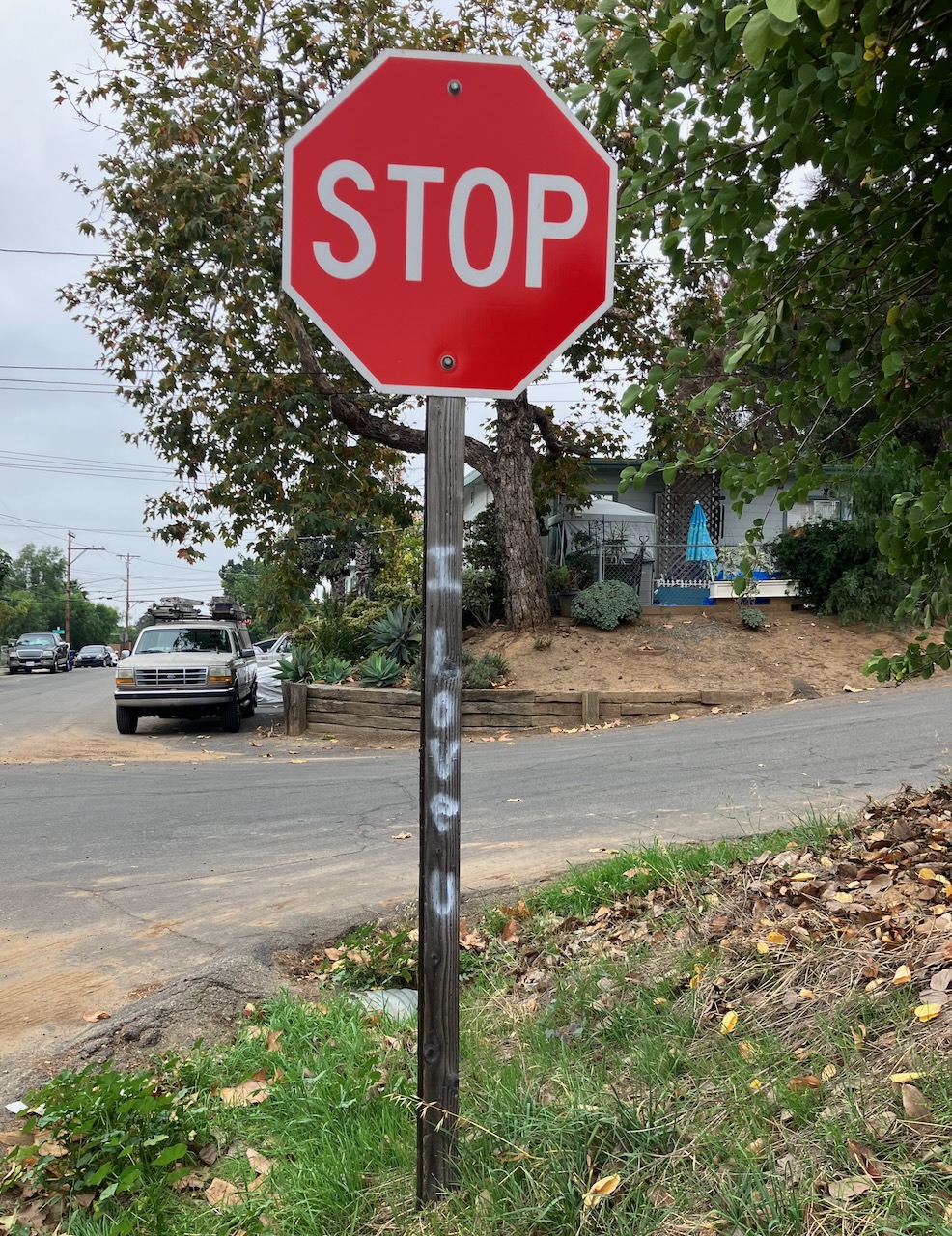
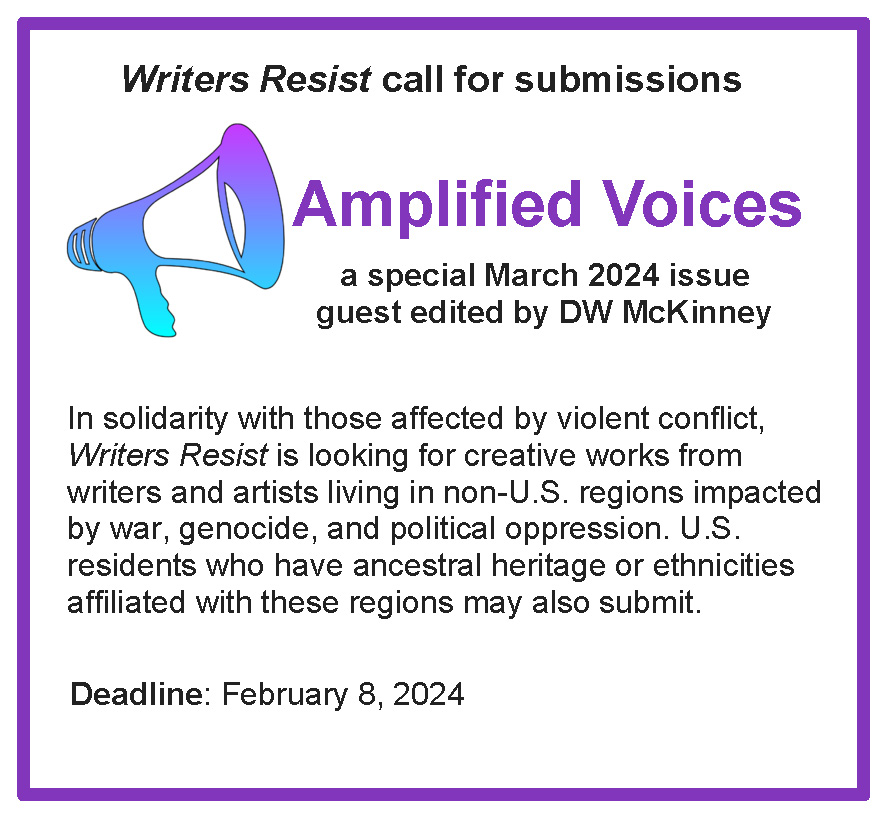


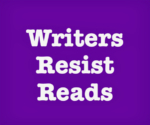

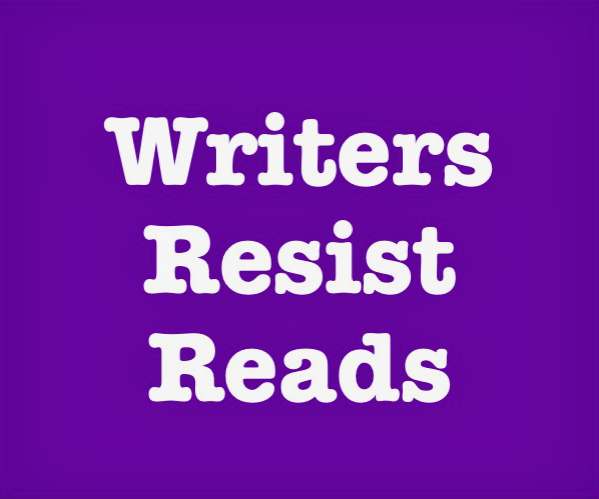

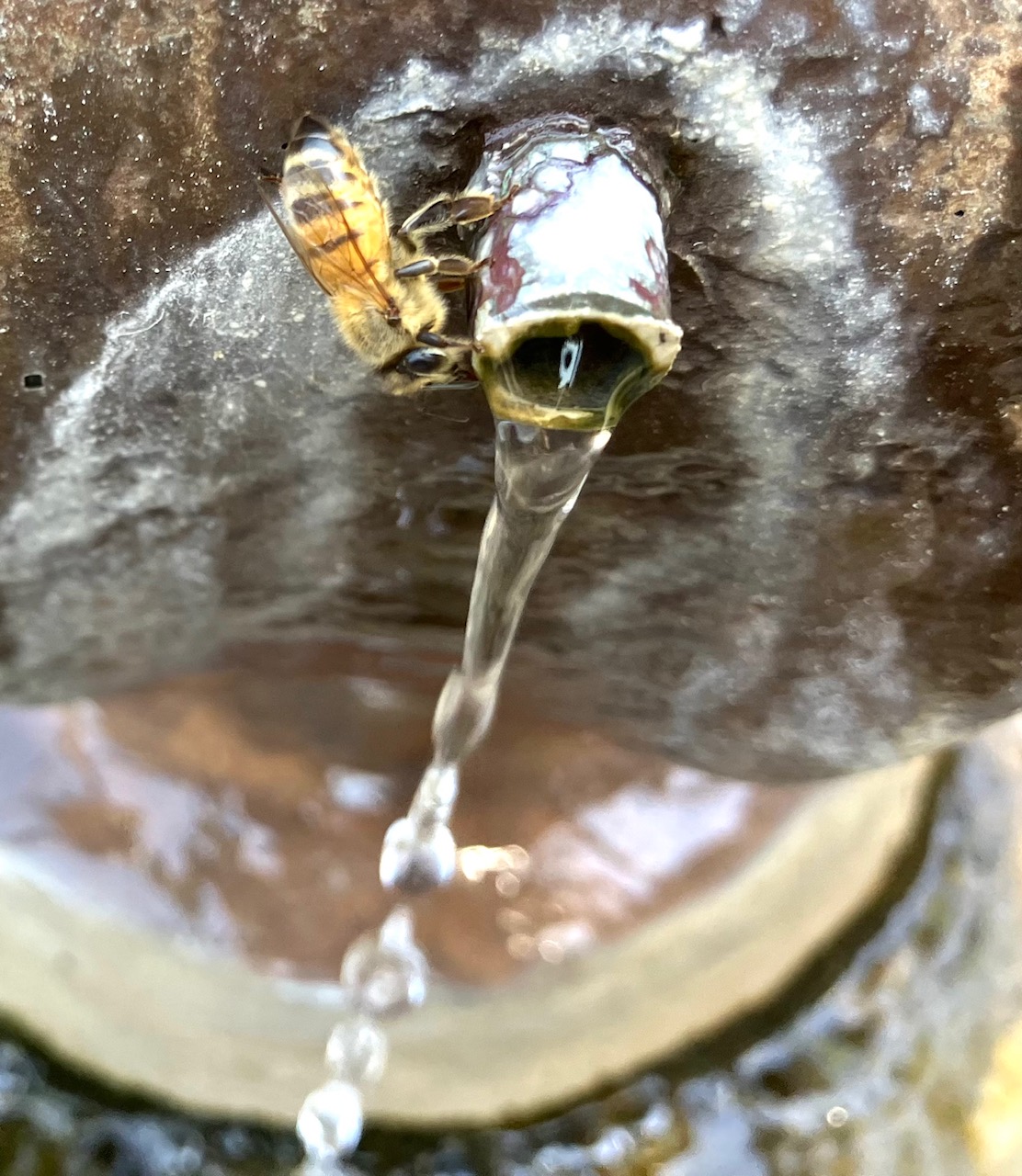

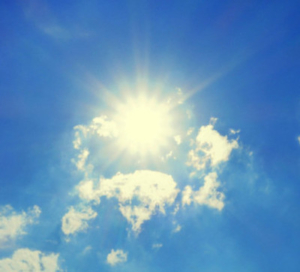
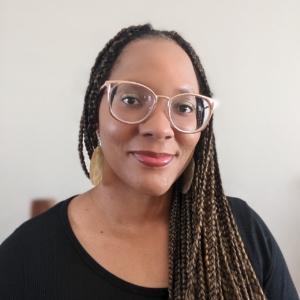

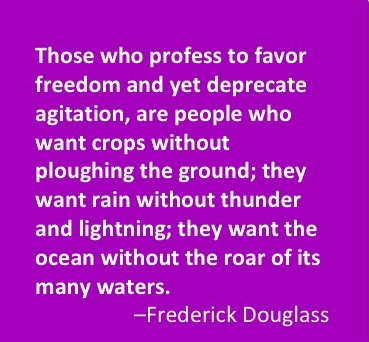
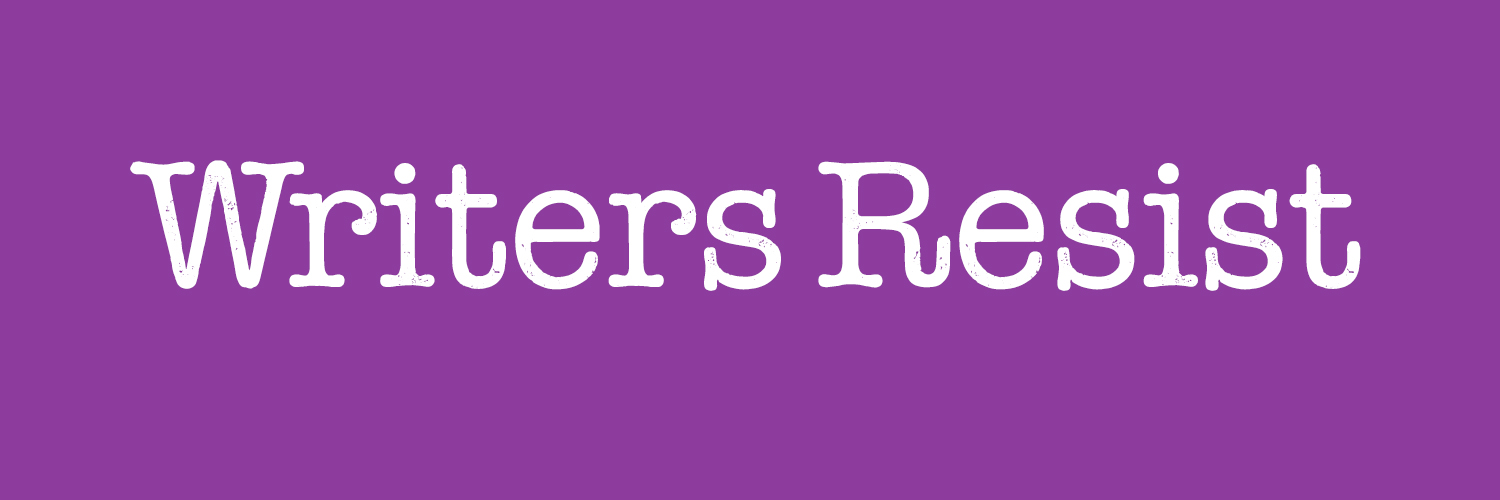
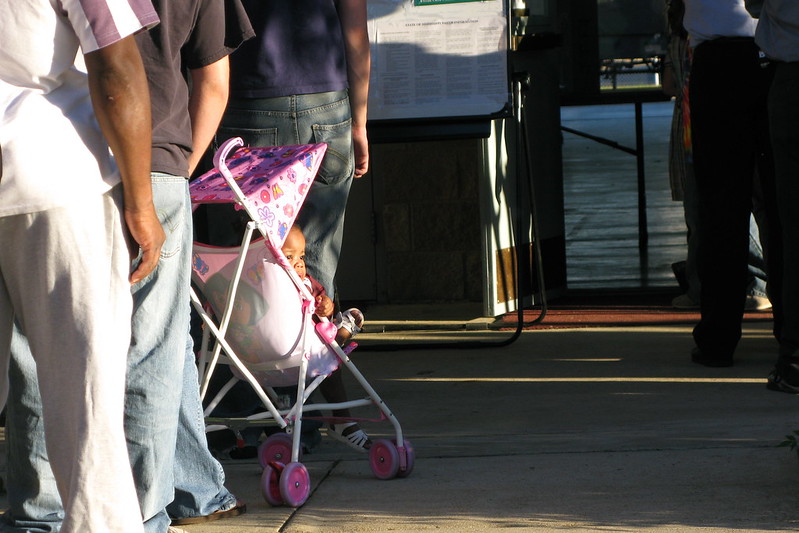
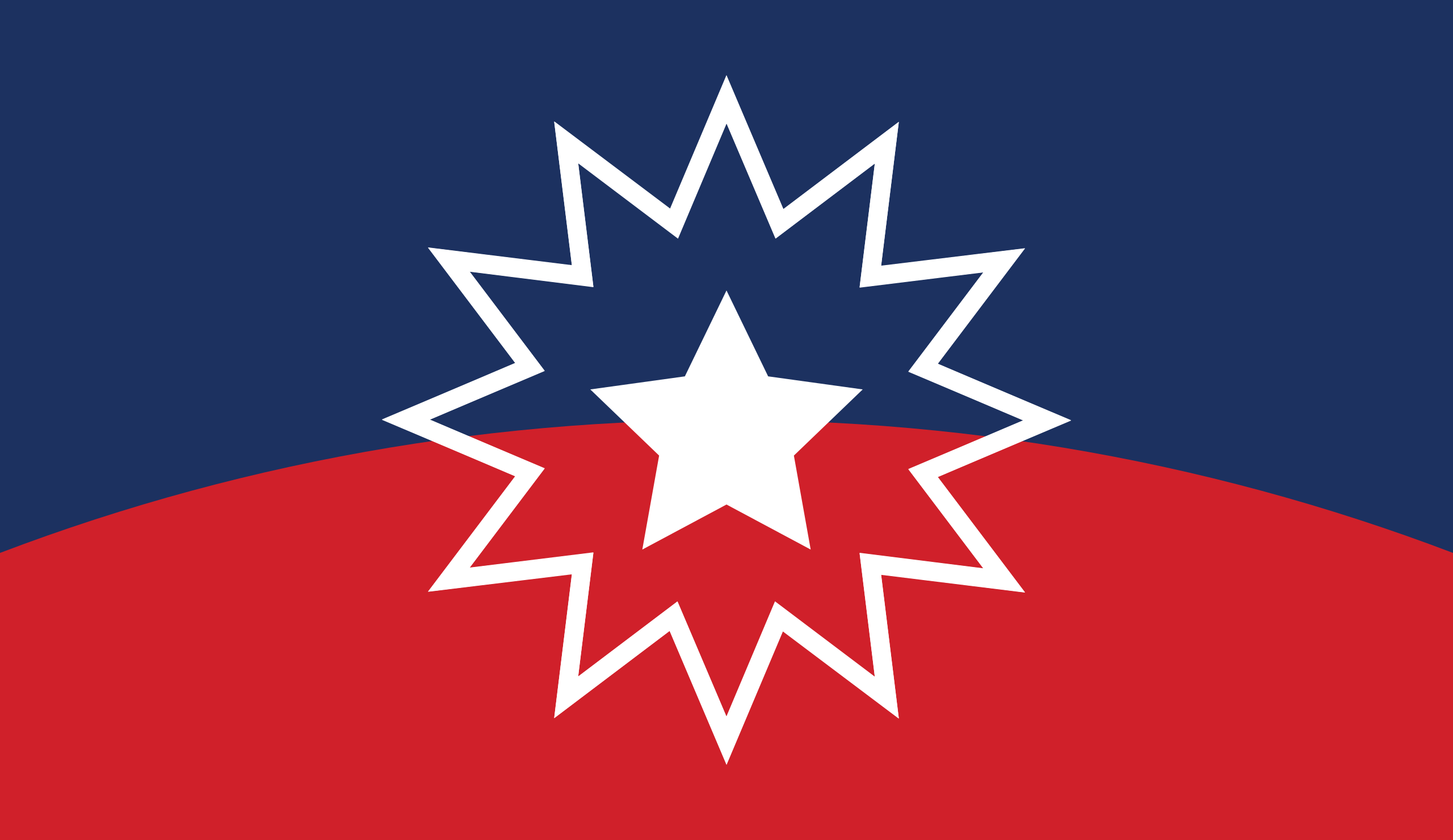


 Writers Resist Readings at
Writers Resist Readings at 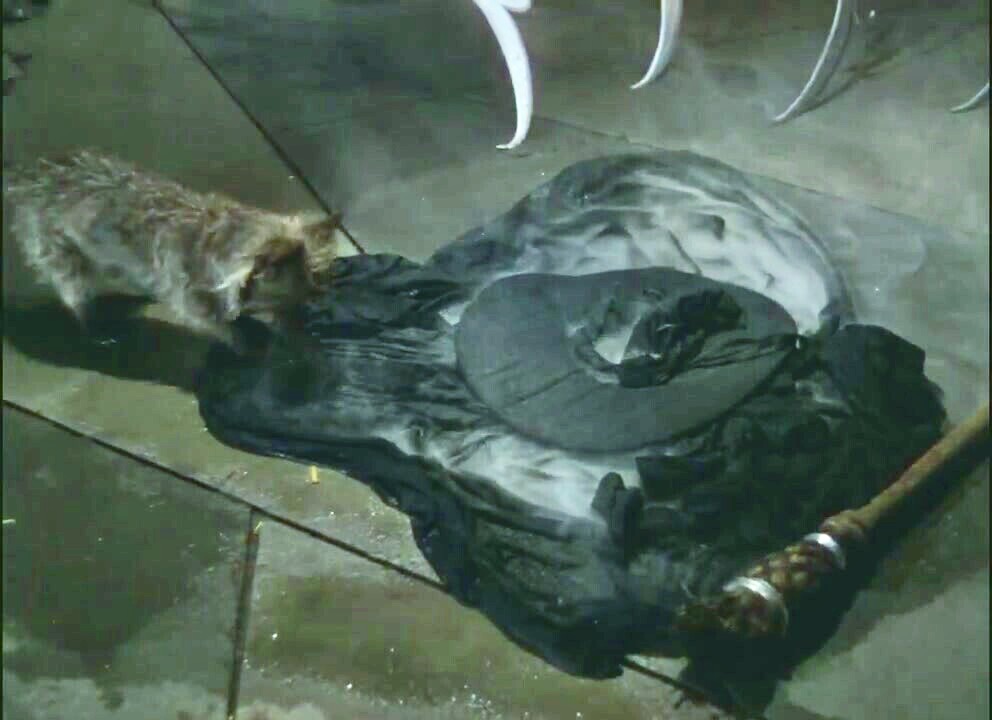
 Now, looking forward, one of those things we have in the works is a couple of Writers Resist readings, hosted by the virtual
Now, looking forward, one of those things we have in the works is a couple of Writers Resist readings, hosted by the virtual 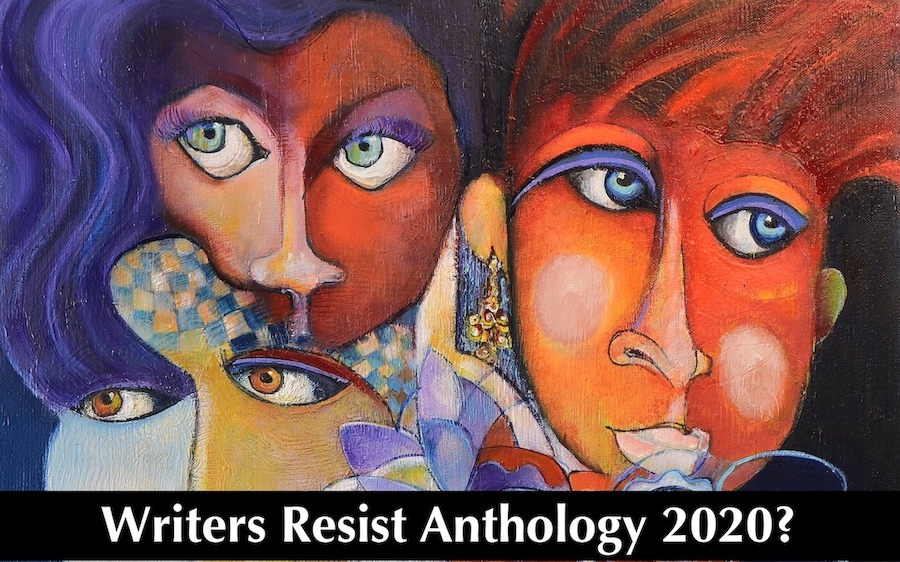

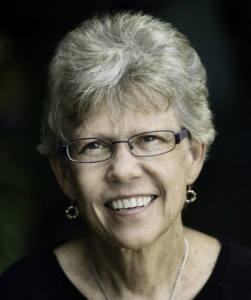 Debbie is a psychologist and writer whose poetry has appeared in a number of literary journals and anthologies, including the San Diego Poetry Annual, Serving House Journal, Sixfold, Poets Reading the News, Poetry24, Bird’s Thumb, Califragile, Gyroscope Review, and Hawaii Pacific Review. Her essays have appeared on NPR’s This I Believe series, in USD Magazine, and in the San Diego Union Tribune. She completed her MFA in 2017 at Pacific University in Forest Grove, Oregon.
Debbie is a psychologist and writer whose poetry has appeared in a number of literary journals and anthologies, including the San Diego Poetry Annual, Serving House Journal, Sixfold, Poets Reading the News, Poetry24, Bird’s Thumb, Califragile, Gyroscope Review, and Hawaii Pacific Review. Her essays have appeared on NPR’s This I Believe series, in USD Magazine, and in the San Diego Union Tribune. She completed her MFA in 2017 at Pacific University in Forest Grove, Oregon.